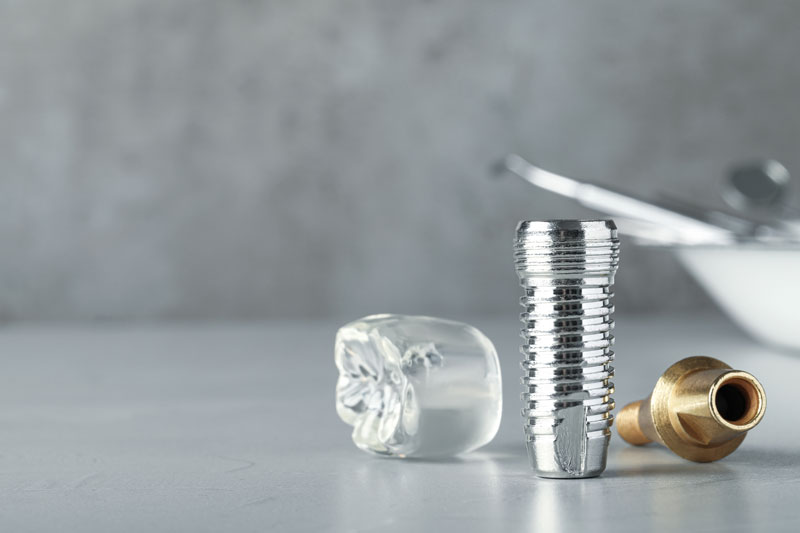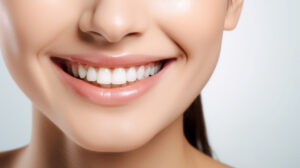Pregnancy is a beautiful journey that changes a woman’s body. While most people know the importance of prenatal vitamins and regular check-ups with their healthcare provider, dental care during pregnancy is often overlooked. Maintaining good oral health is crucial, not just for the mother but also for the developing baby. Here’s everything you need to know about dental care during pregnancy.
Why Dental Care During Pregnancy is Important
Pregnancy can bring about various changes in your oral health due to hormonal fluctuations. These changes can increase the risk of certain dental issues, such as:
- Gingivitis: Pregnancy gingivitis is common due to increased hormone levels, which can cause the gums to become inflamed and bleed more easily. Left untreated, it can progress to more severe gum disease.
- Increased Risk of Tooth Decay: Pregnant women may be more prone to cavities due to changes in diet and eating habits, increased acidity in the mouth from morning sickness, and neglecting oral hygiene due to nausea.
- Pregnancy Tumors: These non-cancerous growths on the gums can occur due to hormonal changes. While they usually go away after pregnancy, they can be uncomfortable and may require attention from your dentist.
- Periodontal Disease: Severe gum disease can lead to complications such as preterm birth and low birth weight.
Tips for Maintaining Oral Health During Pregnancy
- Maintain Good Oral Hygiene: Brush your teeth at least twice daily with fluoride toothpaste and floss daily. Consider using an antimicrobial mouth rinse to reduce plaque.
- Eat a Balanced Diet: Eat plenty of fruits, vegetables, dairy products, and whole grains. Limit sugary snacks and drinks that can contribute to tooth decay.
- Visit Your Dentist Regularly: Schedule regular dental check-ups and cleanings. Inform your dentist that you are pregnant so they can tailor their care to your needs. Most routine dental treatments are safe during pregnancy, and the second trimester is often the best time for any necessary dental work.
- Manage Morning Sickness: If morning sickness is affecting your ability to brush your teeth, rinse your mouth with water or a mouth rinse recommended by your dentist. Chewing sugarless gum can also help increase saliva flow and reduce acidity.
- Stay Hydrated: Drink plenty of water throughout the day to keep your mouth moist and to help flush away food particles and bacteria.
Dental Procedures and Safety During Pregnancy
Many pregnant women worry about the safety of dental procedures. Here’s what you need to know:
- X-rays: Dental X-rays can be performed during pregnancy if necessary. Modern dental x-rays use very low doses of radiation, and protective measures like lead aprons can safeguard you and your baby.
- Anesthesia: Local anesthesia is considered safe during pregnancy. Your dentist will use the minimum effective dose and may avoid certain medications that could pose a risk.
- Medications: Some antibiotics and pain medications are safe during pregnancy, but always inform your dentist and check with your obstetrician before taking any new medication.
Postpartum Dental Care
Continuing good oral hygiene practices after your baby is born is equally important. Caring for your oral health will set a good example for your child as they grow and begin to learn their own dental care habits. Make sure to schedule any postponed dental treatments after delivery.
Conclusion
Taking care of your dental health during pregnancy is vital for your well-being and your baby’s. By maintaining good oral hygiene, visiting your dentist regularly, and managing changes in your oral health, you can ensure a healthy smile throughout your pregnancy journey and beyond.
If you have any concerns about dental care during your pregnancy, don’t hesitate to contact us at Smile Design Dentistry. Our experienced team is here to support you with personalized and safe dental care tailored to your needs. Book an appointment today to keep your smile radiant and healthy!




